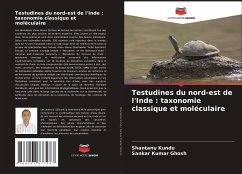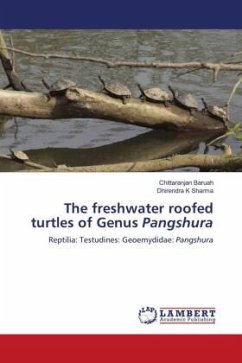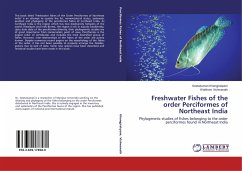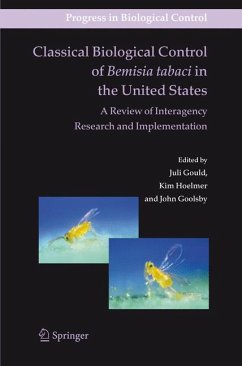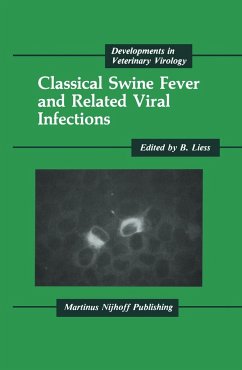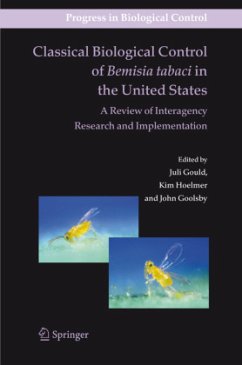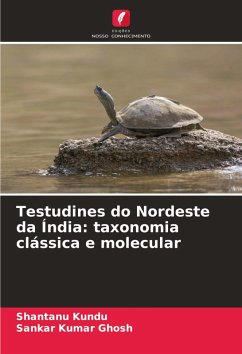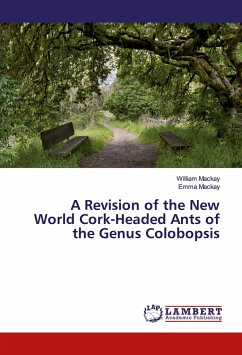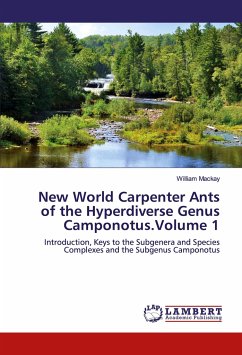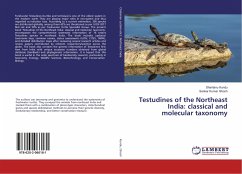
Testudines of the Northeast India: classical and molecular taxonomy
Versandkostenfrei!
Versandfertig in 6-10 Tagen
37,99 €
inkl. MwSt.

PAYBACK Punkte
19 °P sammeln!
Freshwater Testudines (turtles and tortoises) is one of the oldest system in the modern earth. They are playing major roles in eco-system and thus regarded as indicator taxa. According to a current estimation, 356 species are distributed globally, among them 42% are threatened as per IUCN 2017 Red List and 59% as per Freshwater Turtle Specialist Group. The present book 'Testudines of the Northeast India: classical and molecular taxonomy' encompasses the comprehensive systematic information of 16 extant Testudines species in northeast India. The book includes updated taxonomic keys, common name...
Freshwater Testudines (turtles and tortoises) is one of the oldest system in the modern earth. They are playing major roles in eco-system and thus regarded as indicator taxa. According to a current estimation, 356 species are distributed globally, among them 42% are threatened as per IUCN 2017 Red List and 59% as per Freshwater Turtle Specialist Group. The present book 'Testudines of the Northeast India: classical and molecular taxonomy' encompasses the comprehensive systematic information of 16 extant Testudines species in northeast India. The book includes updated taxonomic keys, common names, status assessments (IUCN, CITES, IWPA), and detailed distribution maps after reviewing several research articles and review papers contributed by eminent researchers/scientist across the globe. The book also contains the genetic information of Testudines first time from India with unique accession numbers obtained from global database (GenBank) and phylogenetic information. It is hoped that this book is useful in the wide spectrum of biodiversity research, particularly in Taxonomy, Ecology, Wildlife Sciences, Biotechnology, and Conservation Biology.



